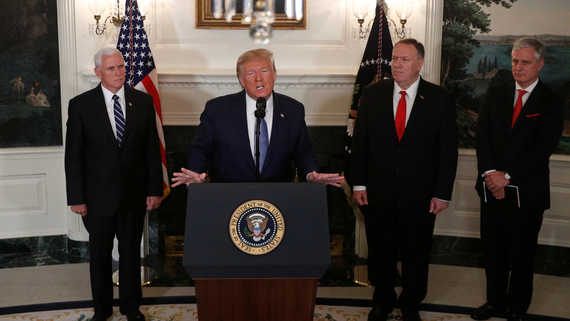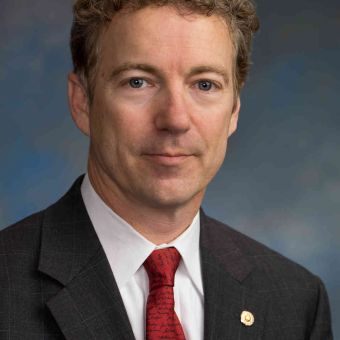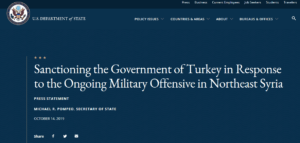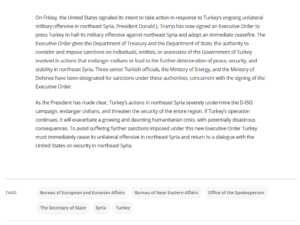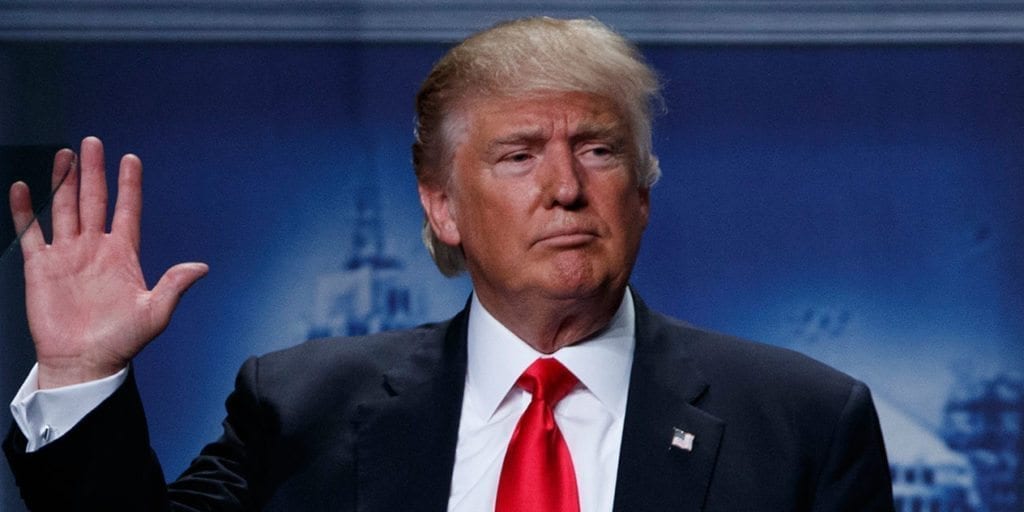Article Summary
Two weeks after Turkey launched Operation Peace Spring in northeast Syria to expel Kurdish militants from its southern border and establish a so-called safe zone, fighting has largely ended as result of an agreement reached by Turkish President Recep Tayyip Erdogan and Russian President Vladimir Putin on Tuesday.
Meeting in Sochi, the two leaders agreed to deploy their forces across most of the northeastern Syrian border and conduct joint patrols along a corridor 10 kilometers (6 miles) deep, while Kurdish-led forces supported by the United States have withdrawn from an area 30 kilometers (19 miles) deep. Meanwhile, the Operation Peace Spring area between the Syrian towns of Tell Abyad and Ras al-Ain will remain under the control of the Turkish military and Turkish-backed Syrian forces.
The Syrian regime stated Wednesday it would establish 15 observation posts in the region. Turkish officials will seek to reestablish terms set by the 1998 Adana agreement between Ankara and Damascus in which Turkish forces would be able to carry out security operations within a 5-kilometer (3-mile) band along the Syrian border.
“Adana more or less gives Turkey what it wants … [which is] to break the US-SDF agreement,” said Aaron Stein, director of the Middle East program at the Foreign Policy Research Institute, using the acronym for the US-backed, Kurdish-led Syrian Democratic Forces, which Ankara considers a security threat.
Also read
Syria ConflictTrump administration scrambles to salvage US troop presence in Syria
“But the political cost of doing that was to de facto recognize [President] Bashar al-Assad,” Stein continued. “Now Turkey has been resisting this, albeit while engaging with the regime’s two principal allies, Russia and Iran. This just brings Turkey more squarely into the camp that the regime is the arbiter of security along its border.”
The developments come after US President Donald Trump removed about 1,000 US troops stationed in the region, greenlighting the Turkish operation with aims to disentangle Washington from the Syrian conflict, where American forces have coordinated operations to eradicate Islamic State militants since 2014. Prior to Erdogan’s agreement with Putin, US officials had secured a five-day cease-fire in northeast Syria during an Oct. 17 visit to Ankara.
Speaking on Wednesday morning, Trump said Turkish officials had informed him the cease-fire would be “permanent” and that he would lift economic sanctions in response.
“This was an outcome created by us,” Trump told reporters in a press conference.
Yet as Russian and Syrian regime forces take control of border areas not held by Turkish forces, the imposition of previously threatened US sanctions on Turkey looms large in Washington, where officials continue to debate a response to fast-developing dynamics in northeast Syria.
On Oct. 9, Republican Sen. Lindsey Graham introduced a sanctions bill in an effort to stop Turkey’s cross-border incursion, but support for the legislation has wavered as lawmakers recover from whiplash induced by a number of power plays in northeast Syria. Senate Majority Leader Mitch McConnell has since cautioned lawmakers to “think extremely carefully” before sanctioning Turkey and pushing Ankara “into the arms of the Russians.”
“I’m aware there is some appetite on both sides of the aisle to quickly reach for the toolbox of sanctions,” McConnell said on the Senate floor this Tuesday. “I’m open to the Senate considering them,” he said, but added that caution would be needed moving forward.
Though Trump said he would repeal sanctions imposed on Oct. 14 by executive order, Ankara can still be subjected to penalties stemming from the Countering America’s Adversaries Through Sanctions Act (CAATSA) for the nation’s acquisition of the Russian-made S-400 missile defense system earlier this year.
While some Washington lawmakers support employing CAATSA sanctions against Turkey, their imposition has been stalled by Trump, who continues to negotiate with Turkish officials in effort to secure the purchase of US-made Patriot missiles to replace the S-400 system, which has been said to pose security risks to NATO military equipment. Still, additional Turkey sanctions bills may arise in Washington as the fallout continues due to numerous human rights abuses, including the alleged use of white phosphorus during Operation Peace Spring.
“If there was one sanctions bill in addition to CAATSA, it could move towards joining the EU arms embargo, but circumscribing it to weapons that could be used for offensive operations in Syria,” Stein told Al-Monitor, referring to the suspension of arms exports to Turkey by European nations in response to the Syrian incursion. “If there are no offensive operations in Syria, then there may not be the impetus for the sanctions.”
In the economic sphere, the Turkish lira gained on the dollar following the Erdogan-Putin meeting and rallied further after Trump’s press conference. The lira opened on Wednesday at 5.80 to the dollar and reached 5.72 at the time of reporting. Wolf Piccoli, co-president and political risk analyst at Teneo Intelligence, said the Russia-Turkey agreement would likely have little impact on Turkey’s economic outlook, but “the main risk in the short term remains possible US sanctions.”
“It will be interesting to monitor the reaction of Congress to the Ankara-Moscow agreement,” Piccoli told Al-Monitor. “However, the risk of sanctions is unlikely to change due to this deal.” He added, “The main driver for the lira remains overall market sentiment, especially towards emerging markets.”
For the time being, the Kurdish-led SDF forces linked with the People’s Protection Units (YPG) have reportedly been adhering to the agreement reached in Sochi and withdrawing from the Turkish border area in northeast Syria. Following the pullout of US forces, Ankara will oversee its border security with the Syrian regime and Russian intermediaries.
Stein said the implementation of the Adana agreement was “politically symbolic” as it means Ankara must now recognize the Syrian regime in order to put pressure, via Damascus, on YPG forces that had enjoyed US support under the SDF coalition.
“It goes to show that when they had to choose, the US was offering more or less the same deal, but the US was offering the same deal with accommodation to the SDF,” Stein told Al-Monitor. “Russia’s deal offered accommodation with the regime and Turkey chose that because their priority was to break the SDF structure.”

